Our Sites
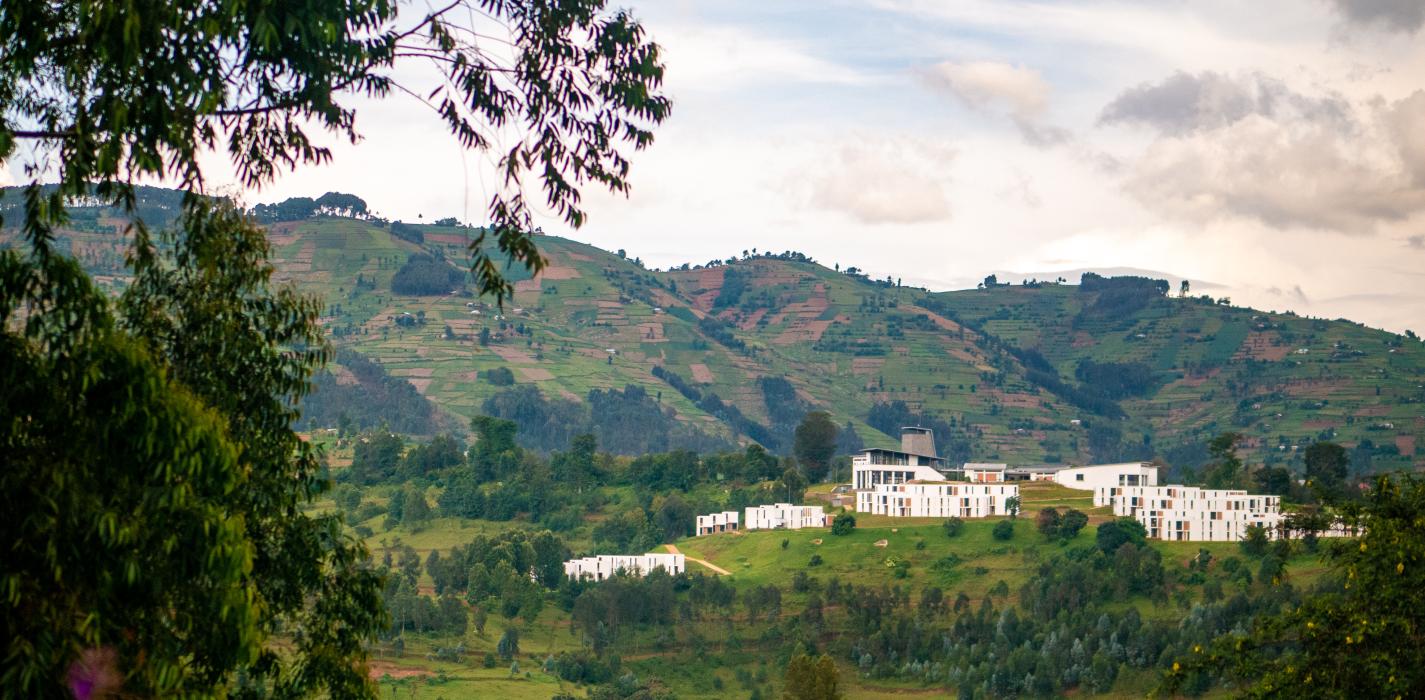
Where We Work
Partners In Health operates in 11 countries across four continents, delivering care in vulnerable communities and strengthening public health systems. With 18,000 staff—99% hired locally—our work is grounded in community trust and leadership.
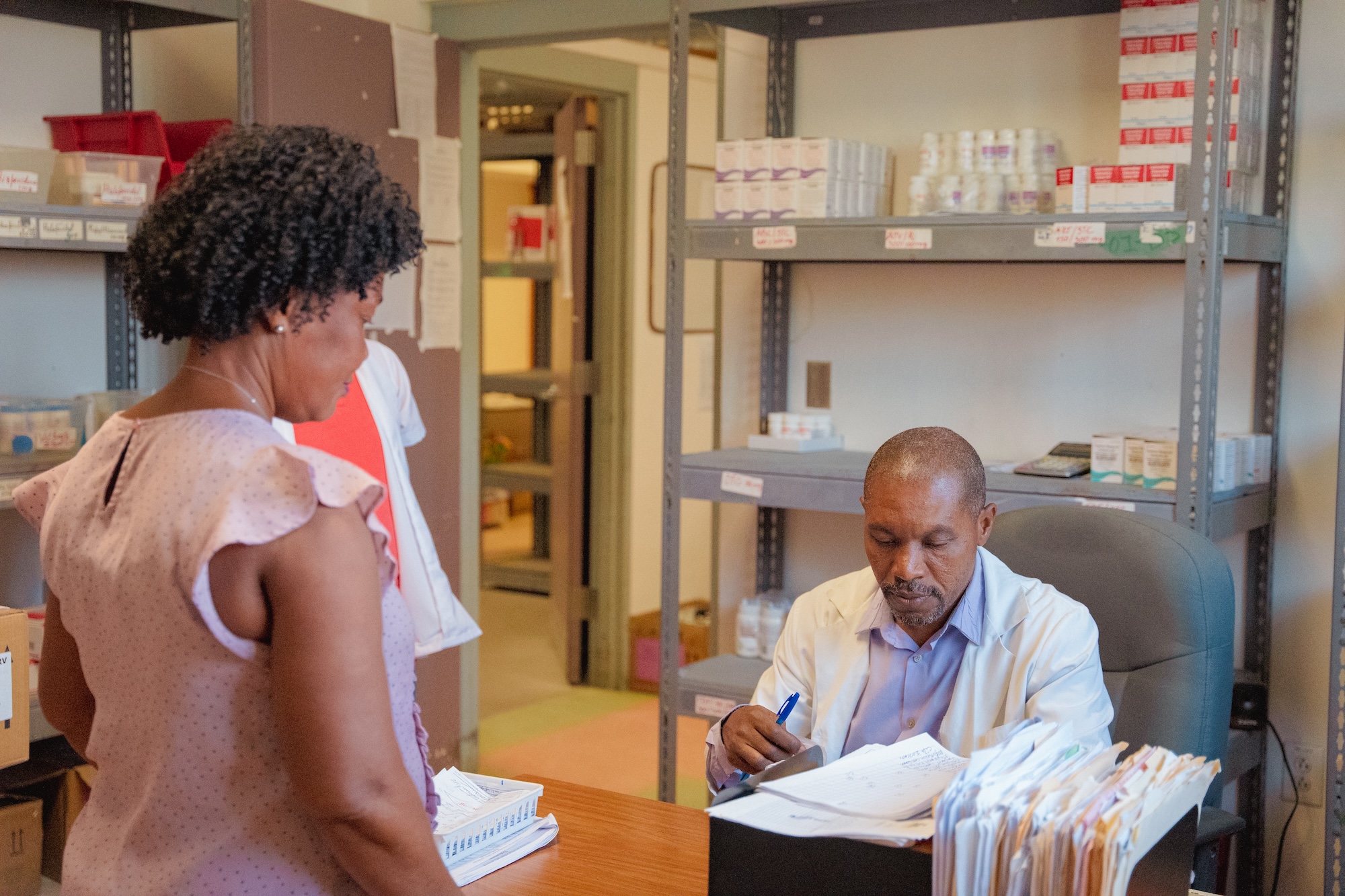
Haiti
Zanmi Lasante, a sister organization to PIH, has worked alongside the Haitian Ministry of Health for three decades to provide health care in two of the country’s most underprivileged and remote regions.
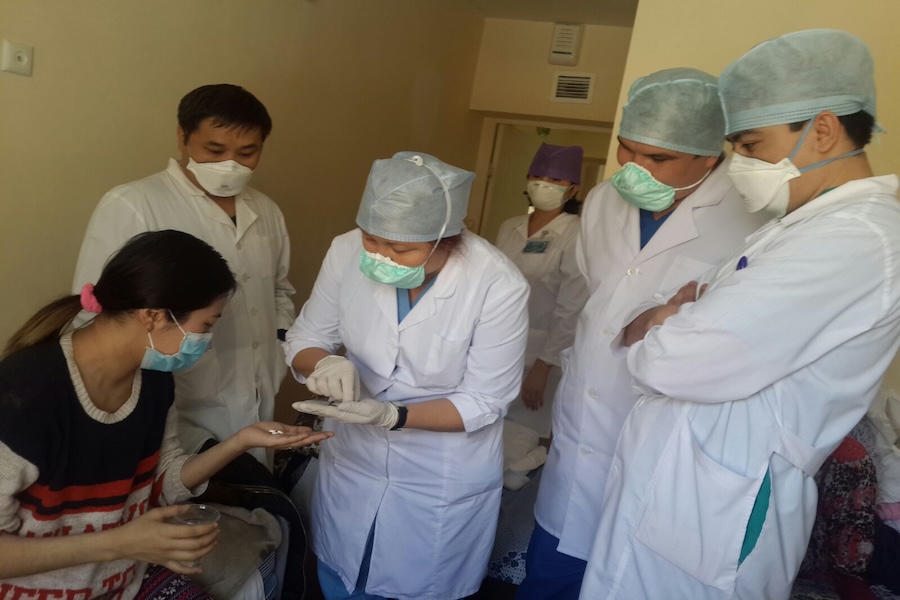
Kazakhstan
In Kazakhstan, PIH is redefining tuberculosis care and fighting the world’s deadliest infectious disease through technical assistance, patient accompaniment, and access to new TB drugs.
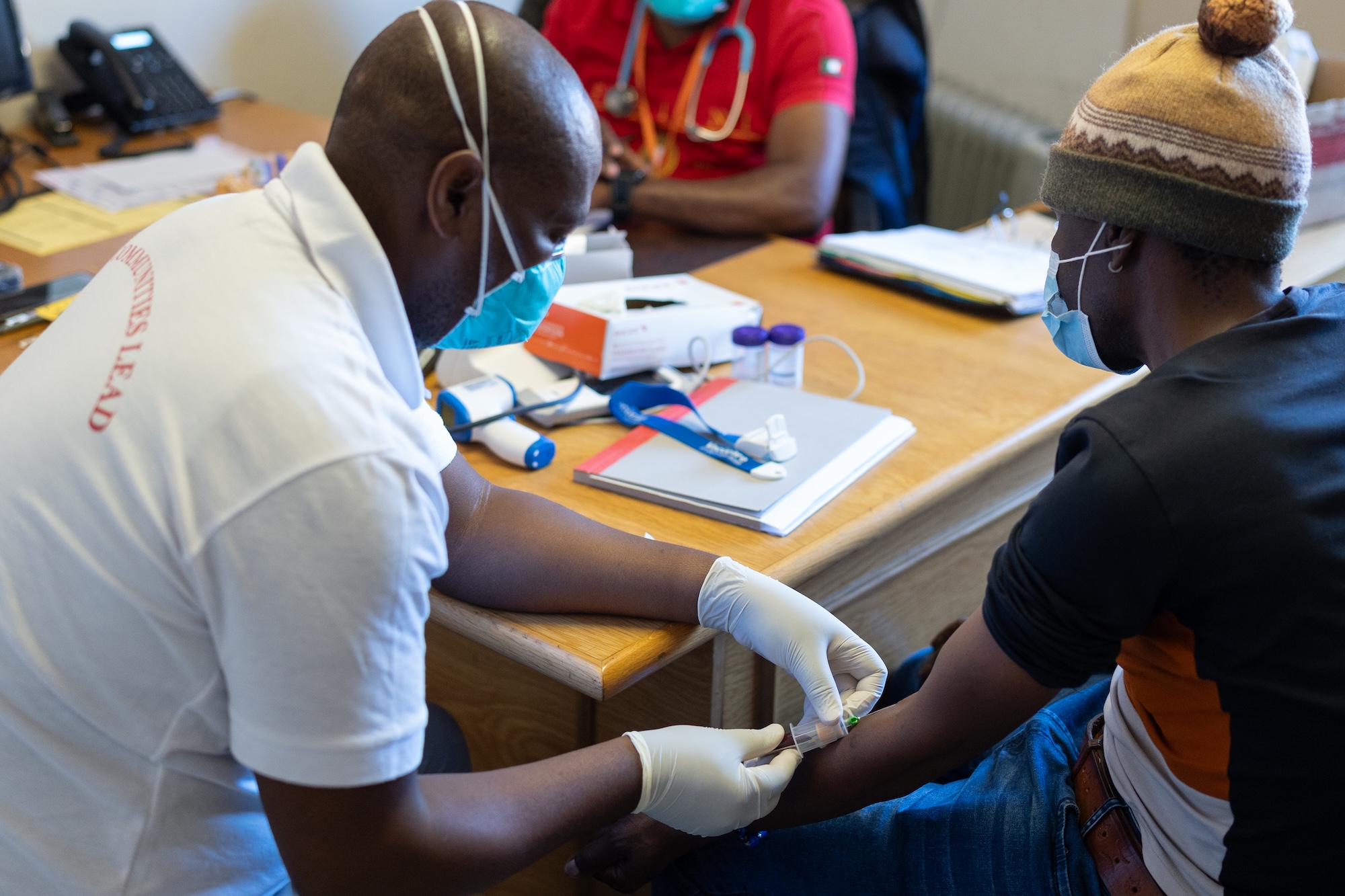
Lesotho
Known locally as Bo-mphato Litsebeletsong Tsa Bophelo, PIH works to strengthen health systems, combat high rates of HIV and TB, improve maternal and child health, and reshape care delivery.
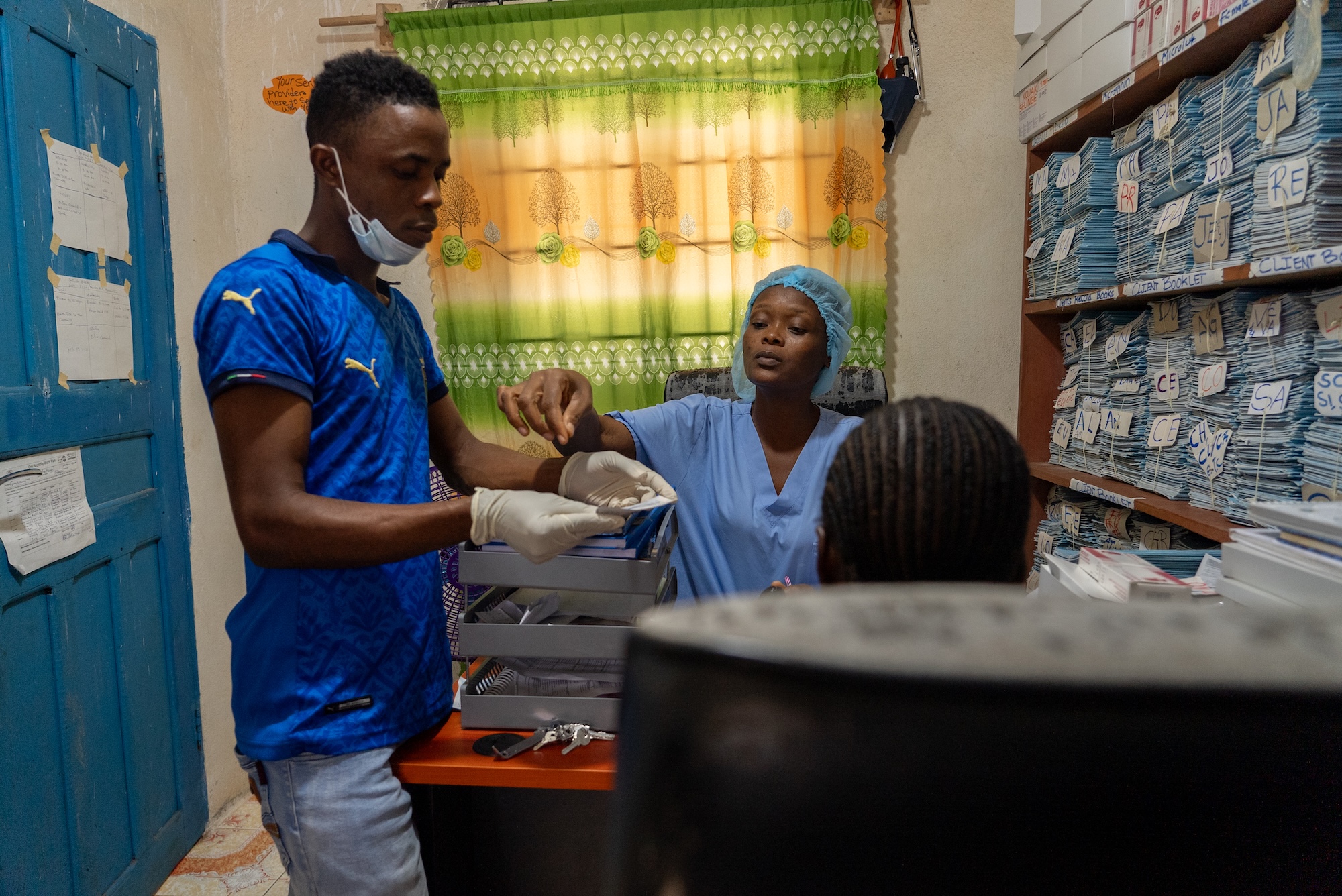
Liberia
PIH came to Liberia to fight Ebola at the government’s request, but stayed to help strengthen the public health system and improve access to care alongside the Ministry of Health.
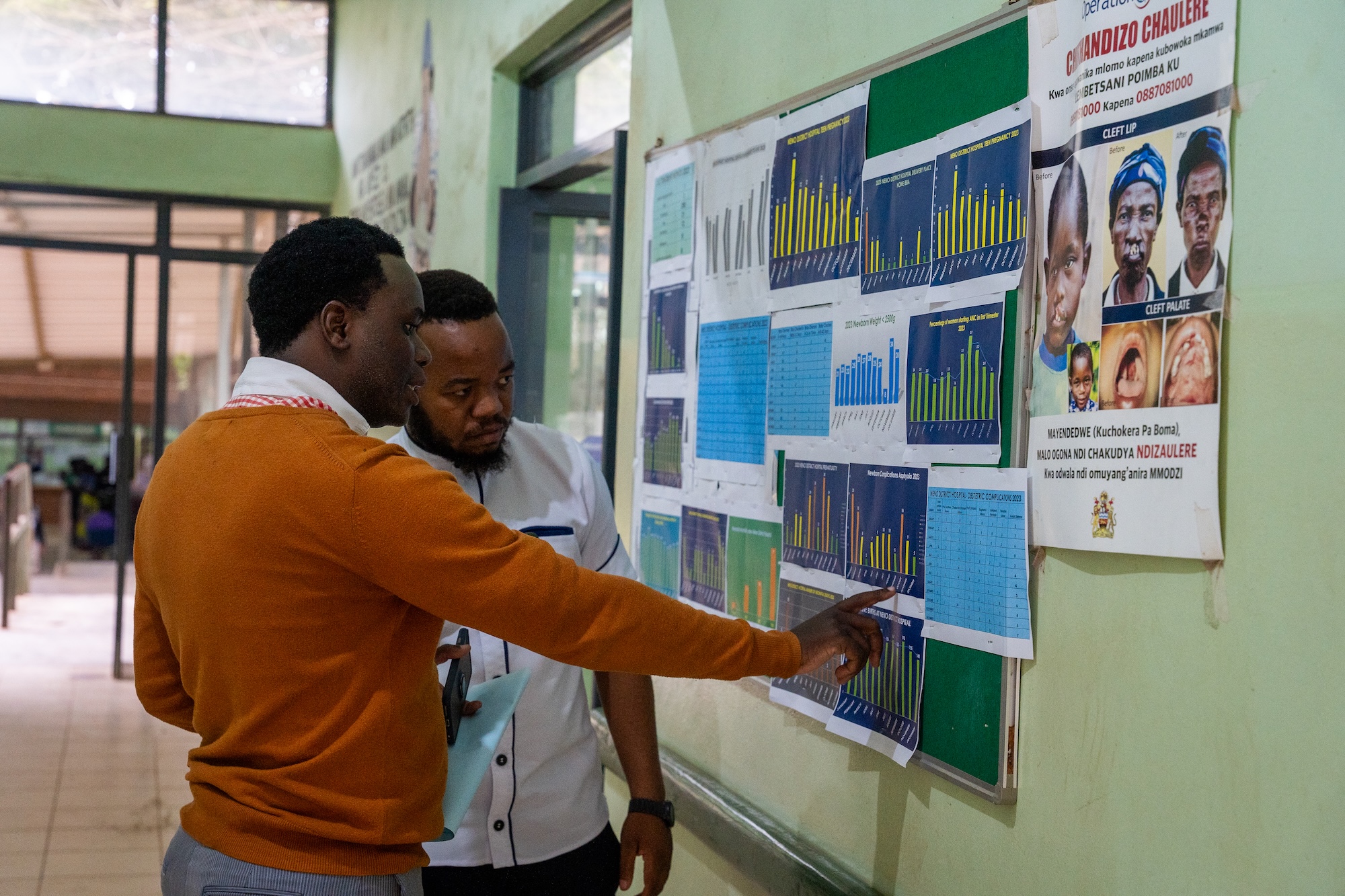
Malawi
Partners In Health has worked since 2007 in the rural, southern district of Neno, Malawi, to provide comprehensive, integrated care for more than 140,000 people.
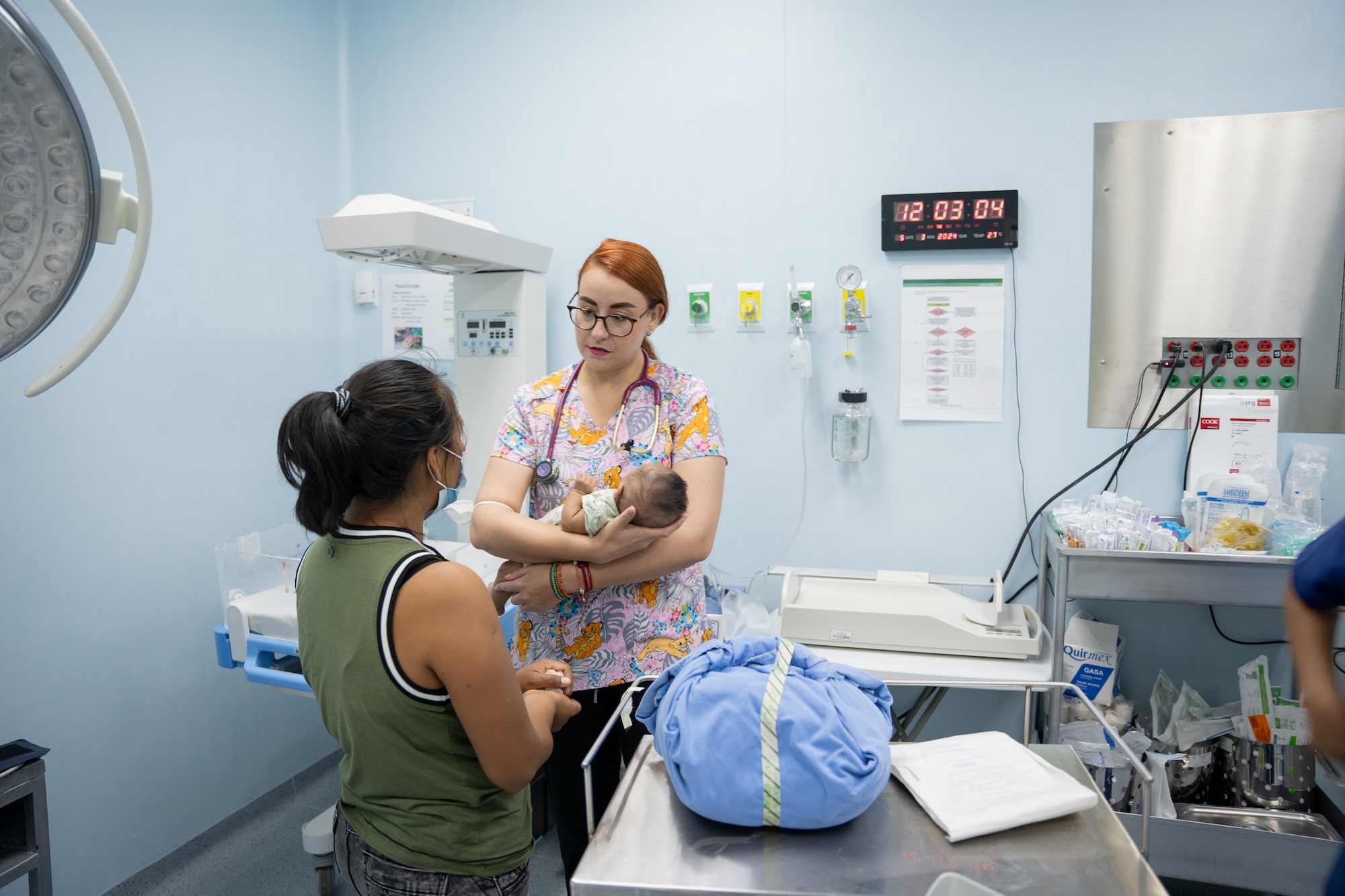
Mexico
Known locally as Compañeros En Salud, PIH is training the next generation of clinicians and improving access to health care in rural Chiapas—one of Mexico’s most marginalized states.
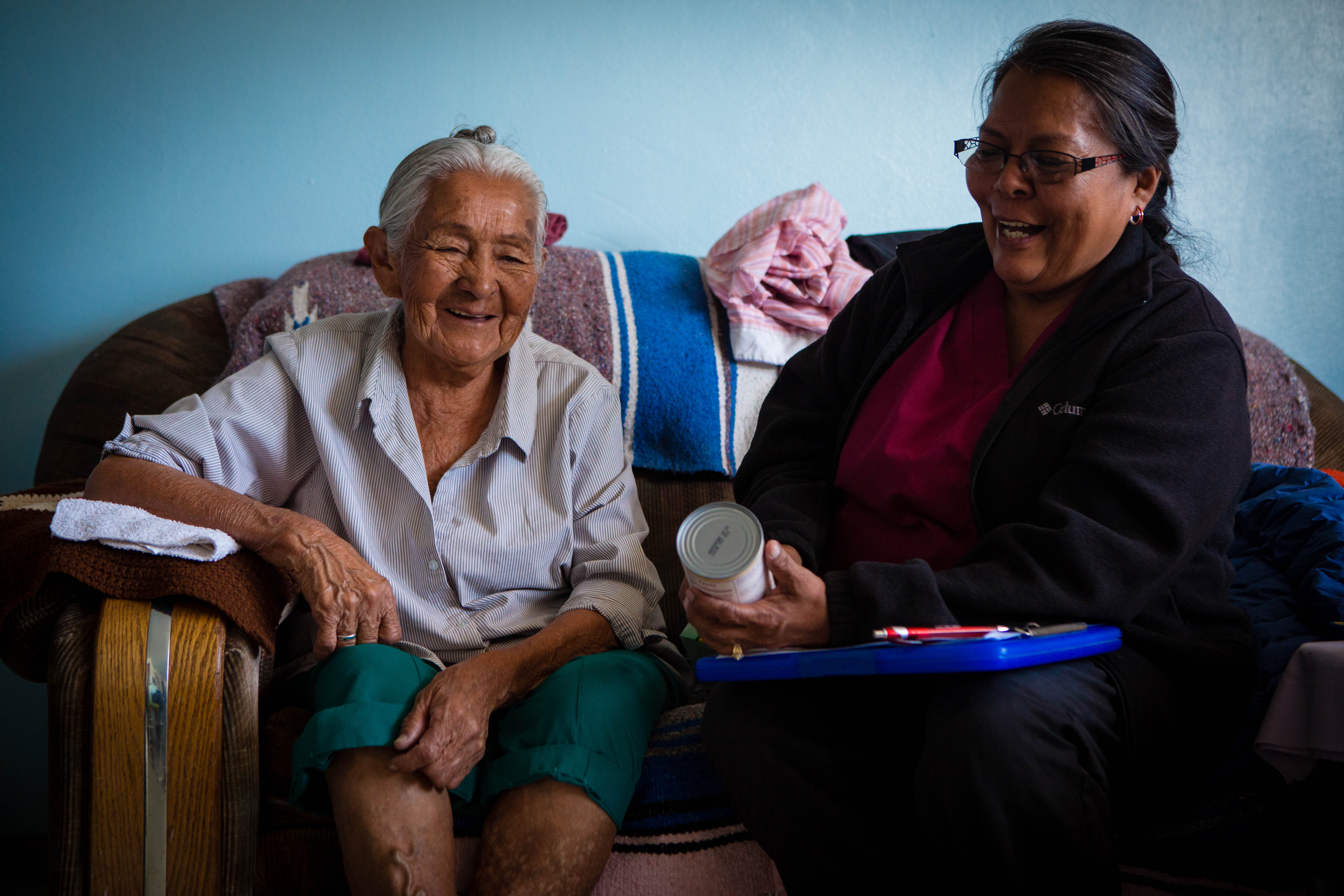
Navajo Nation
PIH is a proud partner of Community Outreach and Patient Empowerment (COPE), which works with local partners to address health disparities faced by American Indian populations.
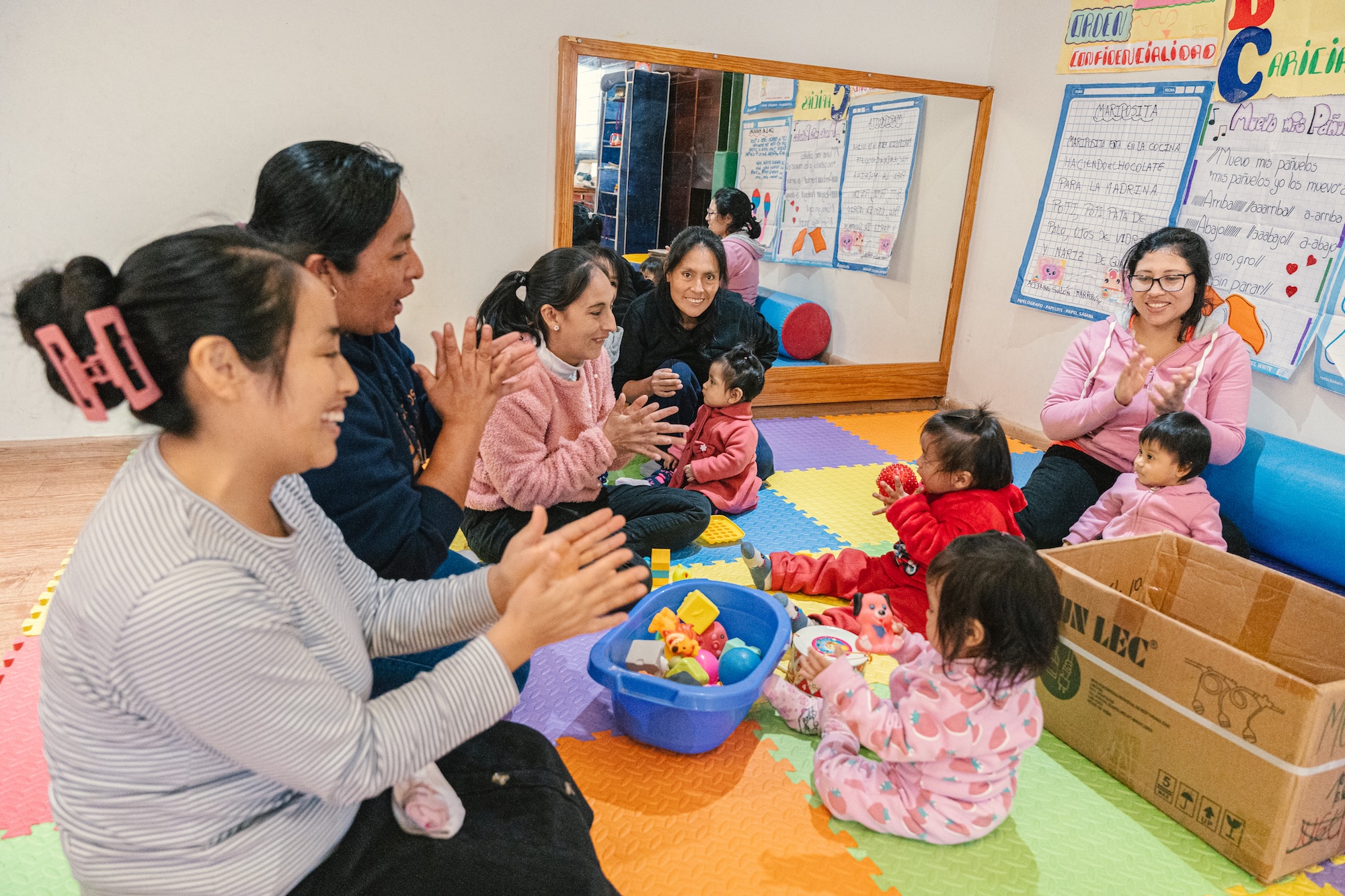
Peru
Known locally as Socios En Salud, PIH is fighting diseases and improving health care access in some of Peru’s most vulnerable communities.
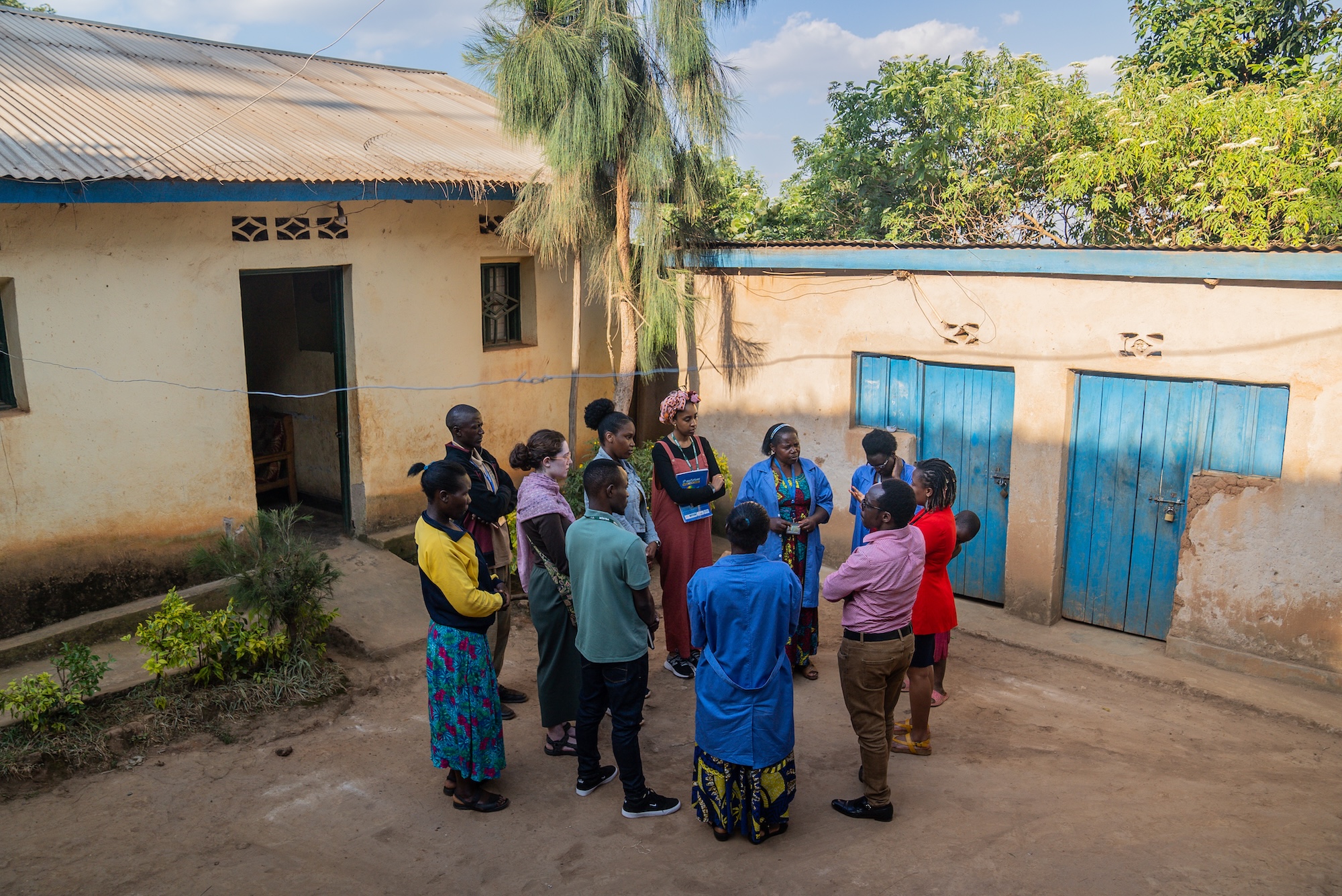
Rwanda
Known locally as Inshuti Mu Buzima, PIH has worked in Rwanda since 2005, helping the government bring high-quality health care to more than 860,000 people across three districts.
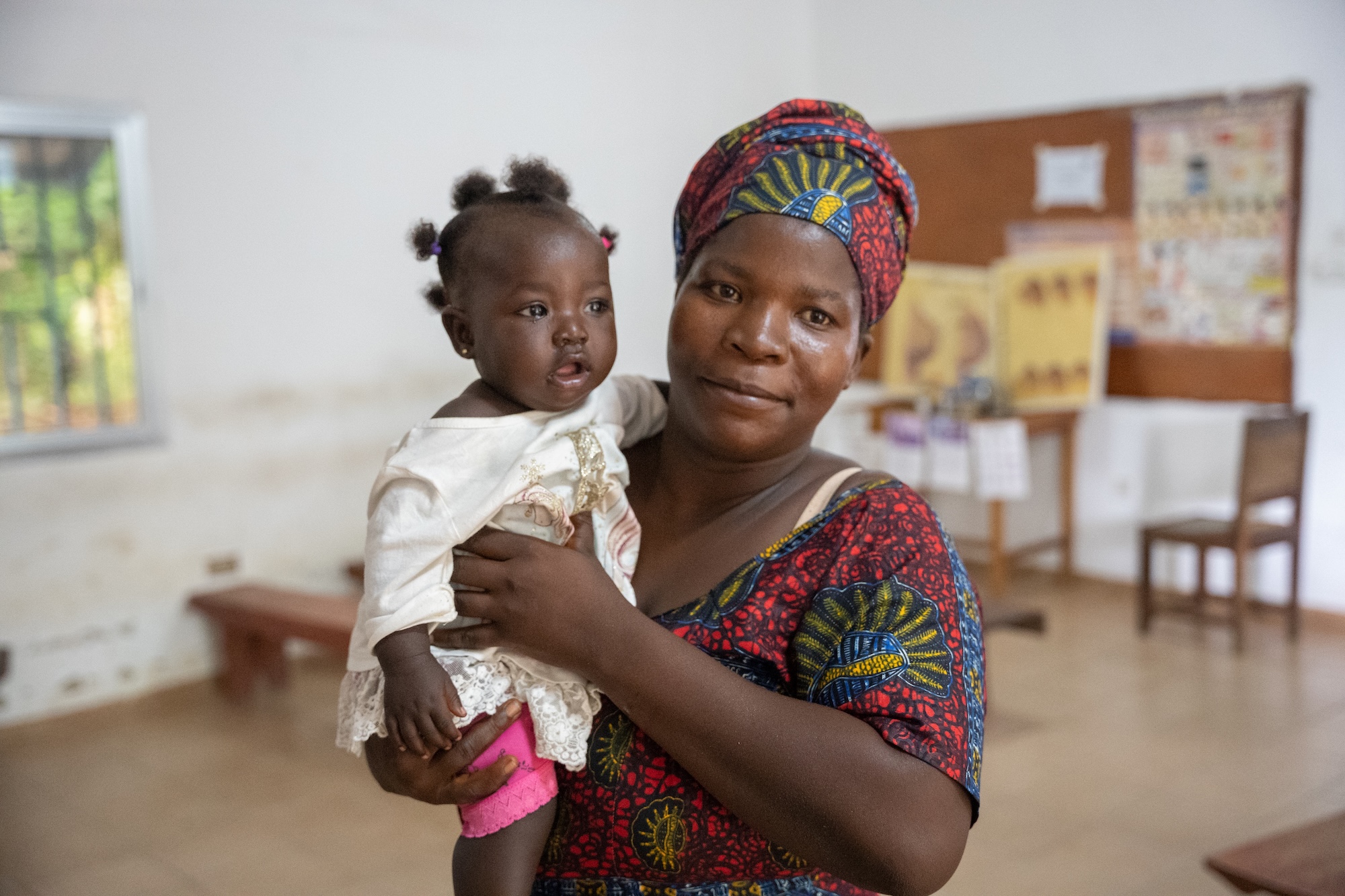
Sierra Leone
PIH was invited by the government to provide care during the Ebola outbreak and has stayed to help build a strong, resilient health system that can withstand future public health crises.